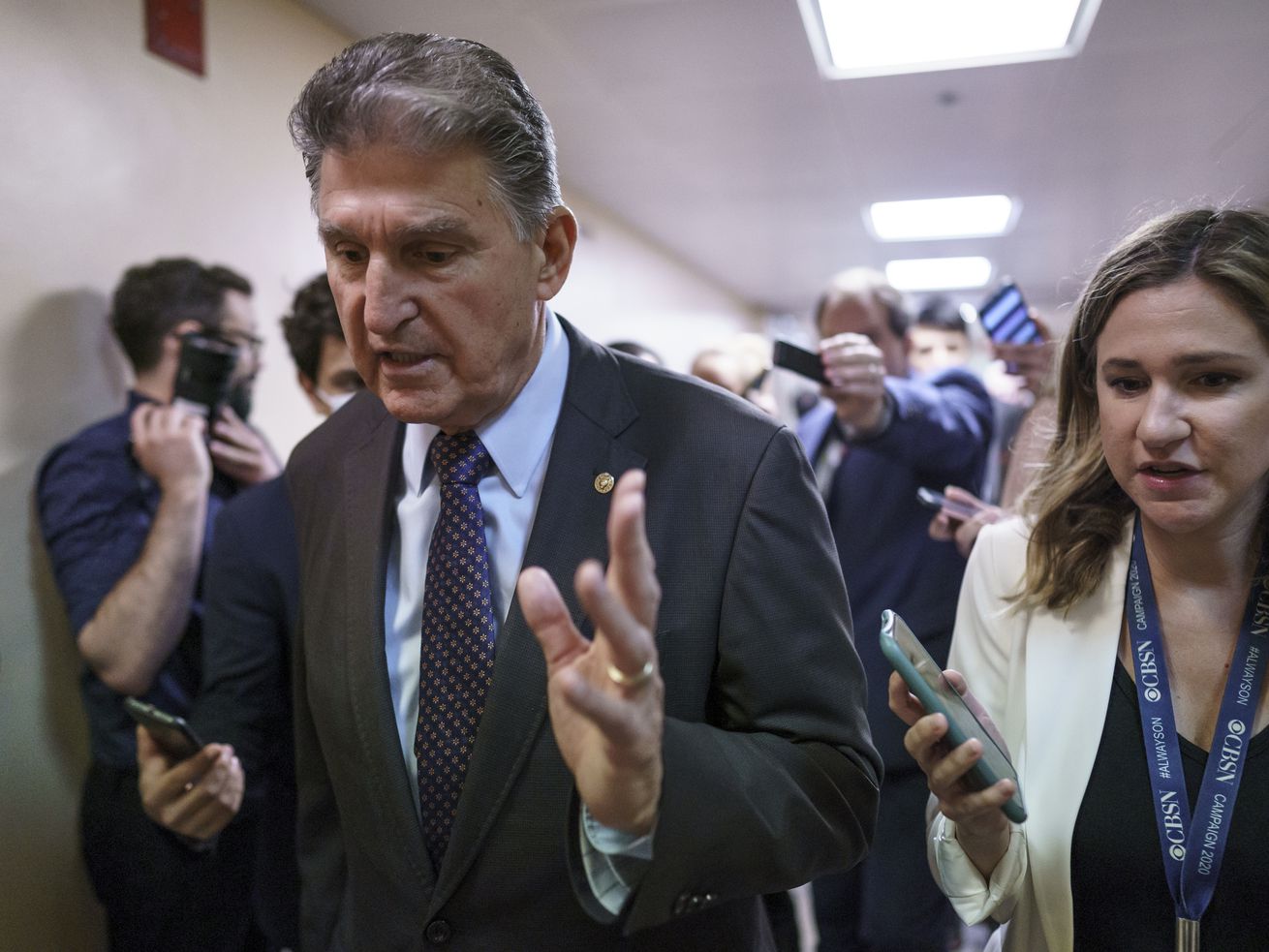
Senate Democrats should ditch the filibuster and get stuff done. Does anybody think the GOP wouldn’t do away with the rule whenever it’s convenient?
Have Americans still got the guts for democracy? In light of recent events in Washington, you’d have to say it’s doubtful.
Last week, the Senate voted 54-35 to establish an independent commission to investigate the seditious Jan. 6 storming of the U.S. Capitol — the most violent attack there since the War of 1812. The House had previously approved the measure 252-175.
If the Senate vote were a football score, you’d call a 19-point win decisive. And yet, the measure failed to survive a Republican filibuster, a quaint Senate rule requiring a supermajority of 60 votes to become law.
Created during racial segregation and used for decades to block civil rights reforms, the filibuster is found nowhere in the U.S. Constitution. It’s neither a law nor a Supreme Court ruling. It’s merely a Senate custom — and an openly undemocratic one — which could be eliminated tomorrow by a simple majority vote.
The Senate is a conservative institution by definition. It gives far more power and influence to small rural states than to large, metropolitan ones where most people live. Citizens of Wyoming, population 579,000, for example, have about 70 times the influence in the U.S. Senate as citizens of California, population 39.5 million.
Only major constitutional surgery can change that, so it’s never going to happen. No point even talking about it.
Add the filibuster, however, and it’s a recipe for legislative paralysis: to wit, a government that refuses to defend itself against violent insurrection because it might hurt Citizen Trump’s feelings.
Or might put Sen. Mitch McConnell, R-Ky., in a tight spot. Not to mention Rep. Kevin McCarthy, R-Calif. These two heroes spoke out decisively in the immediate aftermath of the January coup attempt, but now the wind has changed and they’re busily hunting cover.
“If you can’t get a Republican to support a nonpartisan analysis of why the Capitol was attacked the first time since the War of 1812, then what are you holding out hope for?” asks Sen. Tim Kaine, D-Va.
What, indeed?
Former Obama White House aide David Plouffe put it even more bluntly on Twitter: “Democracy dying so the filibuster can live would seem a terrible way for this experiment to end.”
Polls have shown that Americans support the establishment of a Jan. 6 commission by 56% to 30% — a clear majority. Even 28% of Republicans would be interested in finding out, for example, how many of those “tours” given by right-wing members of Congress on Jan. 5 comprised pre-riot reconnaissance. Or who gave the “stand down” order preventing the National Guard from arriving on time, and why.
Just how organized was the conspiracy that resulted in uniformed Proud Boys running through the halls of Congress chanting “Hang Mike Pence!” while the vice president’s security team hustled him into hiding?
Did the Proud Boys keep it a secret from their pal Roger Stone? Did he neglect to tell his pal Donald J. Trump?
Inquiring minds want to know.
Senate Republicans, not so much.
Look, under current circumstances, 54-35 equates to a thunderous majority. The filibuster, however, equates with doing nothing, and with political cowardice.
Indeed, the filibuster is arguably more responsible than anything else for the disdain with which most Americans view Congress’ congenital inability to act. That’s certainly how Sen. Edward Markey, D-Mass., sees it.
“If they block the Jan. 6 commission, we will have to abolish the filibuster,” Markey told The Washington Post. “If the Republicans block climate action, we will have to abolish the filibuster. If Republicans block voting rights, we’ll have to abolish the filibuster. If Republicans block gun control legislation, we will have to abolish the filibuster. So I think that it’s just continuing to move towards the inevitability of the unavoidable necessity of repealing the filibuster.”
And yet, preserving the filibuster is seemingly more important to certain “moderate” Democrats — specifically Sens. Joe Manchin, D-W.Va., and Kyrsten Sinema, D-Ariz. — than all of those things. See, something else the filibuster does is enhance the power and visibility of individual senators — one reason President Joe Biden, a 30-year Senate veteran, is himself iffy about abolition.
The argument is that the 60-vote Senate requirement somehow fosters bipartisanship, although nobody ever says how. Mostly it now fosters Manchin’s televised imitations of Maine’s GOP Sen. Susan Collins — routinely regretting this and deploring that, before falling quietly in line. (In fairness, Manchin and Collins both voted for the Jan. 6 commission.)
On the day after voting to drop the filibuster, Manchin would return to being just another of 50 Democratic senators. So there’s that.
Others argue that should Republicans retake the Senate come 2022, Democrats could come to regret it. Could be, although does anybody think the GOP won’t ditch the rule whenever it’s convenient?
In the foreseeable future, there’s no chance of either party securing a 60-vote majority. The choice is between majority rule and paralysis.
Gene Lyons is a columnist for the Arkansas Times.
Send letters to [email protected].
